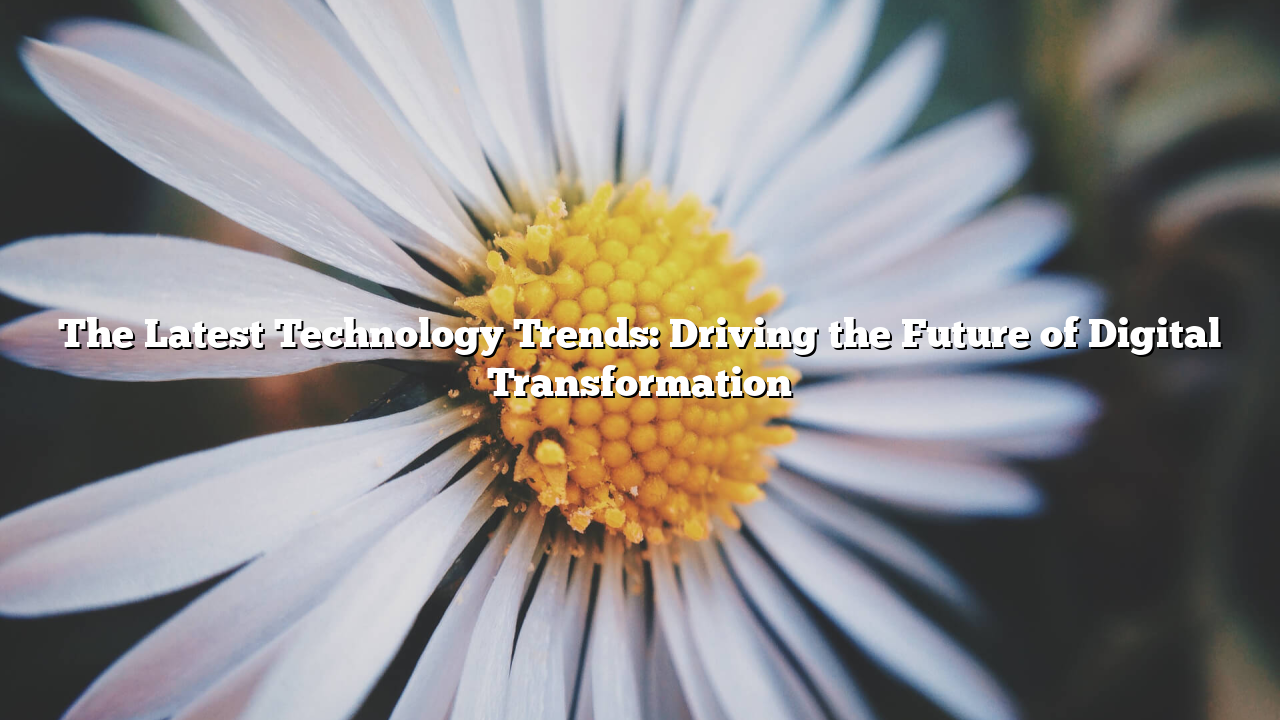Technology has become the backbone of modern society, shaping the way we live, work, and interact. Over the last few years, advancements have accelerated at an unprecedented pace, creating new opportunities while also raising complex challenges. The latest technology trends are not only transforming Tempur99 businesses but also influencing education, healthcare, governance, and even personal lifestyles.
One of the most significant developments is Artificial Intelligence (AI). AI has moved beyond simple automation to become a core driver of innovation. In sectors such as healthcare, AI is being used for faster diagnostics and personalized treatments. In finance, it enhances fraud detection and customer experience. Meanwhile, generative AI tools, capable of creating text, images, and even software code, are reshaping the creative and knowledge industries. Despite its advantages, AI raises questions about ethics, job displacement, and data privacy—issues that remain central in global discussions.
Another fast-growing area is the Internet of Things (IoT). IoT connects everyday objects—such as home appliances, wearable devices, and industrial machines—through the internet, enabling smarter and more efficient systems. Smart homes, autonomous vehicles, and predictive maintenance in factories are all outcomes of IoT. However, as billions of devices come online, cybersecurity becomes a crucial concern. Ensuring that this interconnected ecosystem remains secure is one of the biggest challenges for both businesses and governments.
5G technology is also driving rapid digital transformation. With its ultra-fast speed and low latency, 5G supports advanced applications like augmented reality (AR), virtual reality (VR), and real-time remote operations. This technology is essential for the development of smart cities, connected healthcare, and next-generation robotics. For many industries, 5G is not just about faster connectivity but about enabling entirely new possibilities.
Meanwhile, blockchain and Web3 technologies are redefining digital trust and decentralization. Originally known for powering cryptocurrencies, blockchain now extends to supply chain management, secure voting systems, and digital identity verification. Web3 aims to build a more user-controlled internet, where individuals manage their own data rather than relying solely on centralized platforms. While adoption remains uneven and regulation is still evolving, these technologies promise to reshape global systems of exchange and governance.
Sustainability has also emerged as a defining theme. Green technology innovations are responding to urgent environmental concerns, from renewable energy and long-lasting batteries to energy-efficient data centers. As climate change becomes a pressing global issue, integrating eco-friendly solutions into technology development is no longer optional but necessary. Companies investing in green tech not only reduce their environmental footprint but also gain a competitive edge in the market.
On the horizon, quantum computing stands as a revolutionary breakthrough. Although still in its experimental stage, quantum computing has the potential to perform calculations far beyond the capabilities of classical computers. It could transform industries like pharmaceuticals by accelerating drug discovery, or cybersecurity by redefining encryption standards. While mainstream adoption may still be years away, its progress is closely monitored by governments and tech giants alike.
In conclusion, the latest technology trends reflect a world that is becoming increasingly intelligent, interconnected, and conscious of sustainability. These innovations offer immense potential, but they also highlight pressing challenges such as digital inequality, security risks, and ethical dilemmas. The future of technology lies not only in advancing what is possible but also in ensuring that progress is inclusive, responsible, and beneficial to all.
